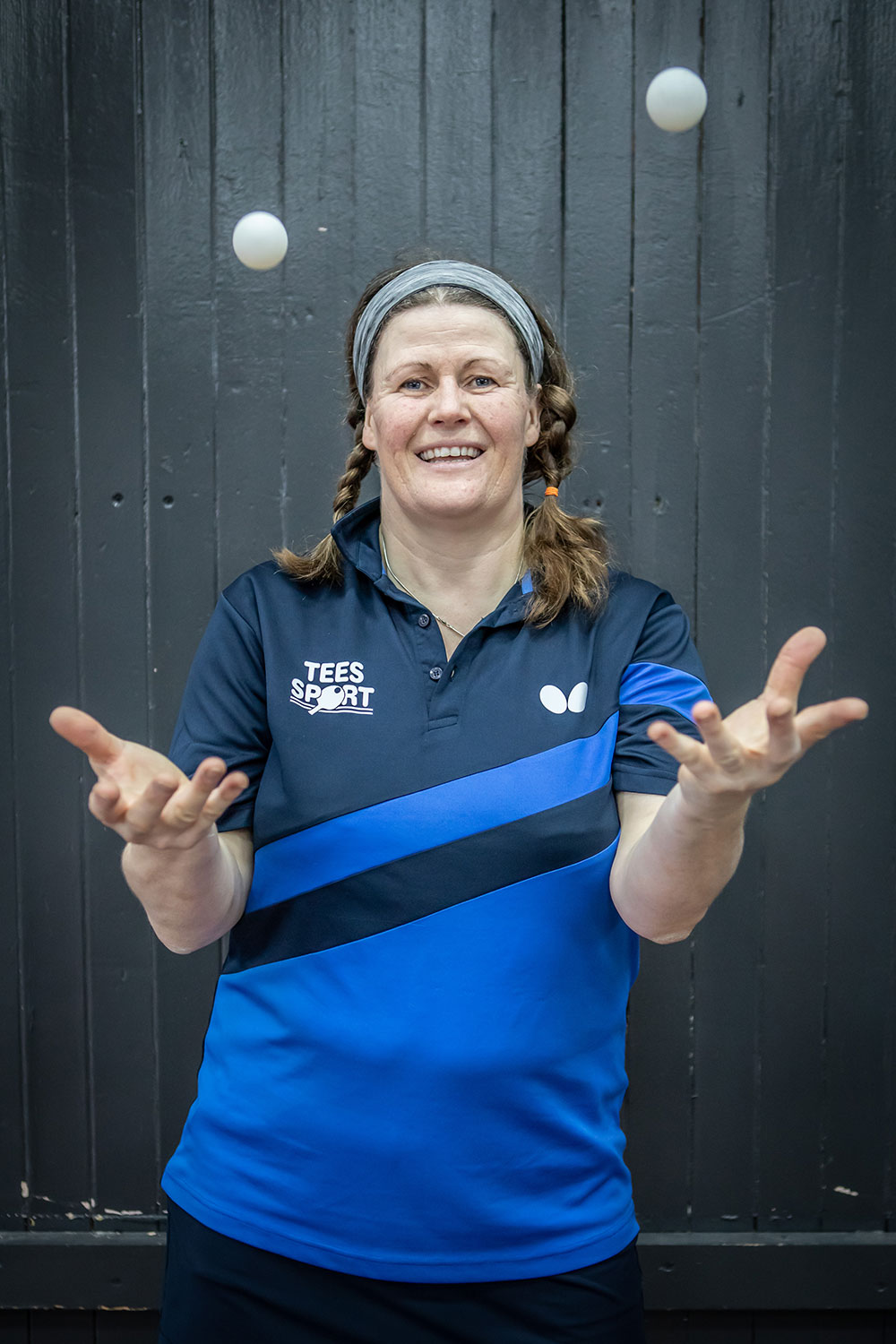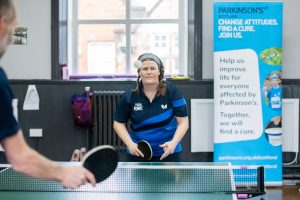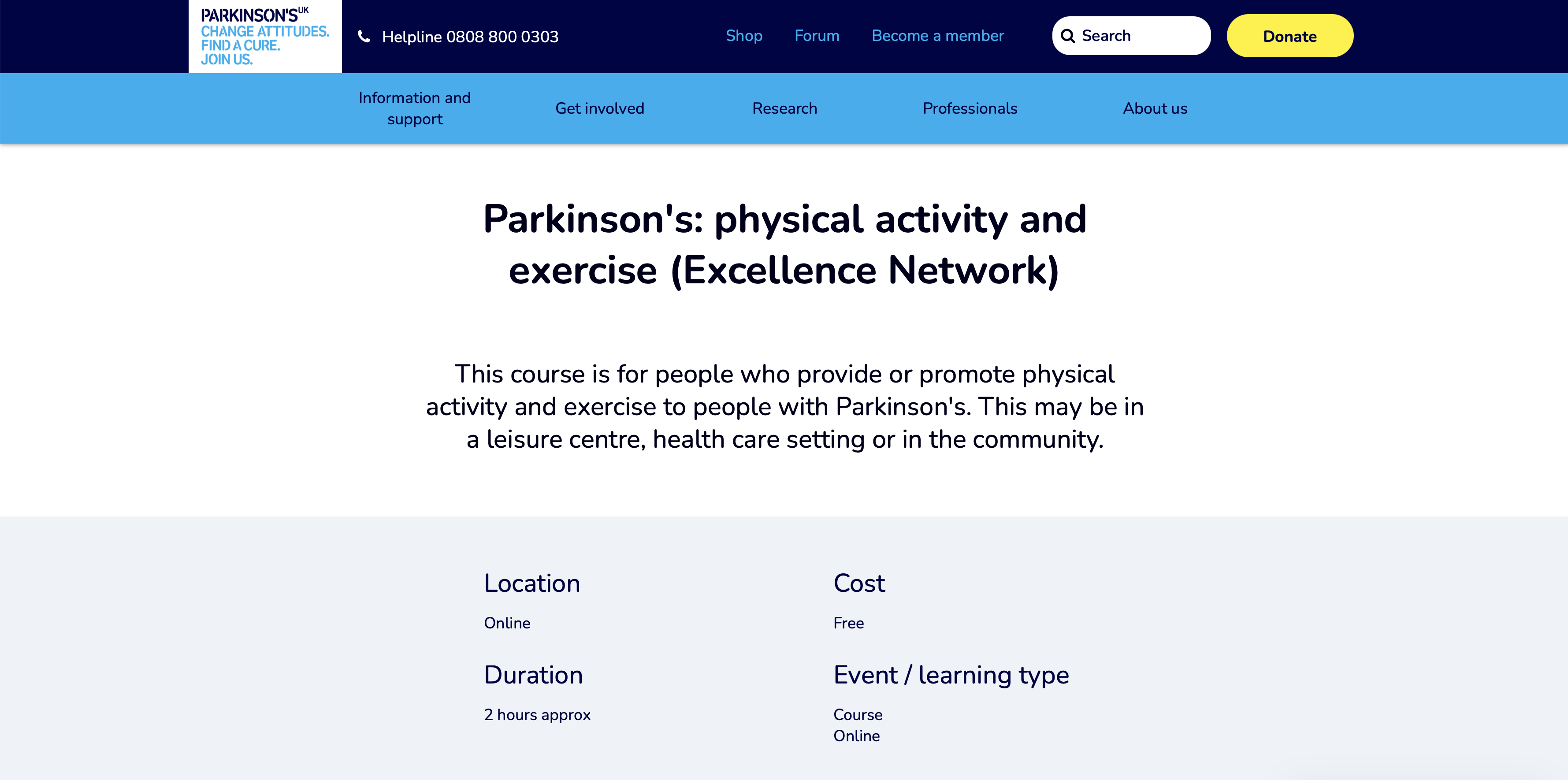 Parkinson’s is a progressive neurological condition that occurs when the brain cells which make dopamine start to die, causing issues such as tremors, slowness of movement and muscle stiffness. The condition can affect anyone at any age. There is no cure for Parkinson’s right now and patients receive treatment and drugs to ease the symptoms, which can get worse over time.
Parkinson’s is a progressive neurological condition that occurs when the brain cells which make dopamine start to die, causing issues such as tremors, slowness of movement and muscle stiffness. The condition can affect anyone at any age. There is no cure for Parkinson’s right now and patients receive treatment and drugs to ease the symptoms, which can get worse over time.
Research suggests physical activity, including table tennis, has been shown to to help manage Parkinson’s symptoms through the concept of neuroplasticity – the brain’s capacity to make new neurons and connections through challenging physical exercise.
Leona Braund, a PE teacher from Ayrshire, was diagnosed with Parkinson’s some 10 years ago. Discovering table tennis has been transformative.
It’s joyful, fun and gives me the belief and self-confidence to be myself. It’s given me friendships, love and support from so many people with Parkinson’s who love table tennis from across the UK, Iceland, Denmark, Scotland, England, Sweden and Portugal.
Players of all ages and abilities will be welcome at clubs’ social sessions across Scotland. There are also an increasing number of clubs offering sessions specifically for people with Parkinson’s. These can currently be found in South Ayrshire, Glasgow, Perth and Dundee.
Table Tennis Scotland and Parkinson’s UK share a vision to expand awareness of the benefits of TT, promote existing clubs/sessions and increase the opportunities for people to pick up a bat and have a go, across Scotland.

 We’ve signed an agreement with Parkinsons UK to increase opportunities for people with Parkinson’s to play the sport across Scotland.
We’ve signed an agreement with Parkinsons UK to increase opportunities for people with Parkinson’s to play the sport across Scotland.